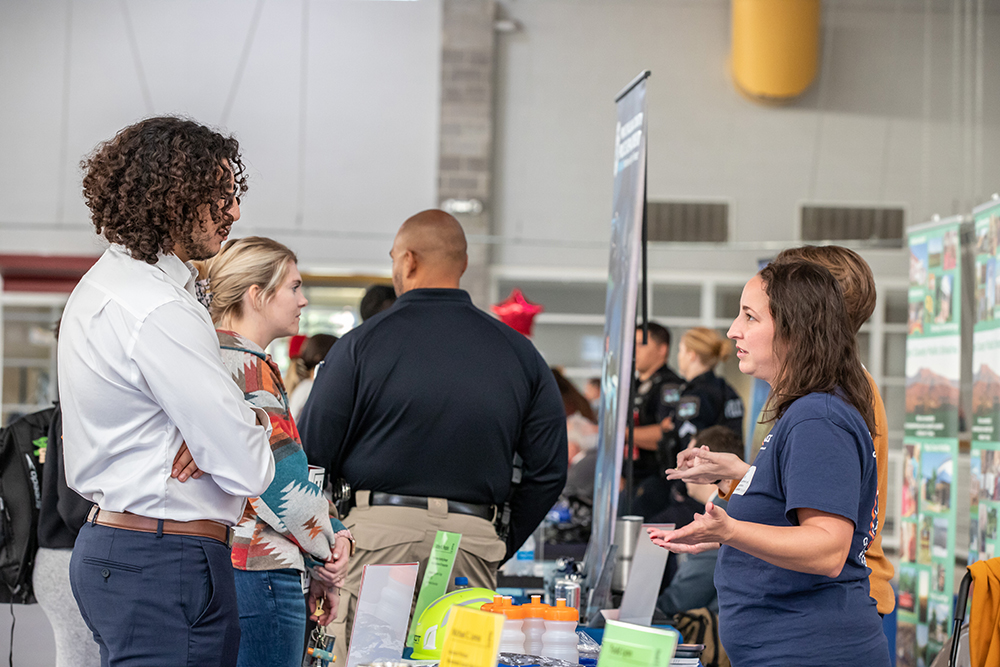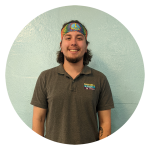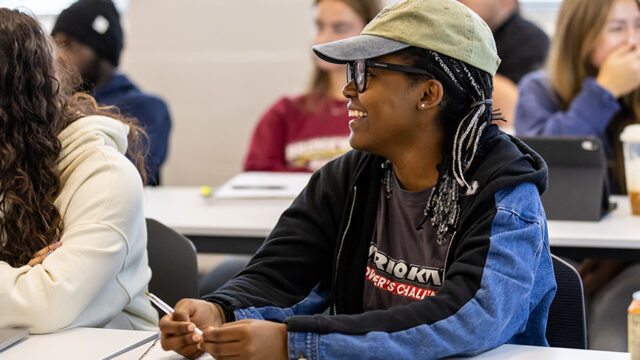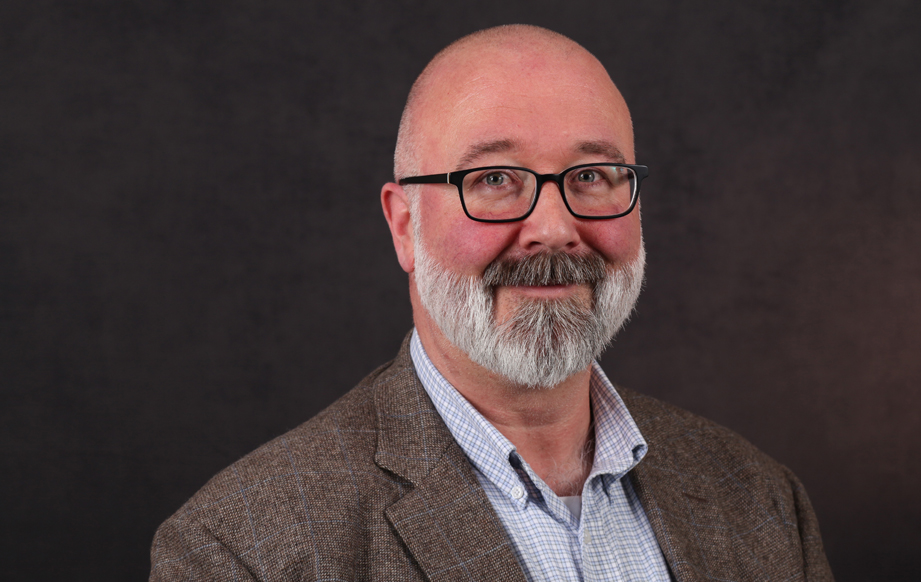Engage in the community
The sociology major at Bridgewater College puts the world at your doorstep. Step beyond the classroom and put your sociological imagination into action. As a student in our undergraduate sociology program, you’ll connect with faculty and classmates who are passionate about examining social life, driving social change and conducting impactful research. You’ll gain a deeper understanding of the world and the tools to help shape it. Imagine where your sociology degree could take you.
What to Expect as a Sociology Major
When you earn a sociology degree at Bridgewater, you develop skills in interpretation, writing, research and social analysis.
36 credit hours of courses that will connect classroom learning to real-world skills that are invaluable to future employers.
Sociology Courses
You’ll participate in interactive classes. Conduct research. Study subjects such as anthropology, cultural studies, criminology, data analysis, family, race and ethnicity, and social theory.
Learn from faculty who are passionate about studying social life and seeking connections.
Develop the ability to critically examine and interpret the complexities of social life locally and globally.
Gain hands-on experience through internships in social work, education or the criminal justice system.
Required Courses Meet the Faculty
I couldn’t speak more highly of the professors at Bridgewater because they really helped shape me into who I became and where I wanted to go.
Clara Metzler ’18
Finding her path: Clara Metzler ’18 combines her passion and academic interest into a fulfilling career. Read more.

Like many BC graduates, you might enter graduate schools such as:
- Bryn Mawr College (Social Work)
- Catholic University (Social Work)
- East Tennessee State University (Social Work)
- Eastern Mennonite University (Counseling)
- George Washington University (Sociology)
- University of Kentucky (Information and Library Science)
- University of Maryland-Baltimore (Social Work)
- University of Maryland‑Towson (Gerontology)
- Radford University (Social Work)
- Tulane University
- Virginia Commonwealth University (Social Work)
- Virginia Tech (Sociology)
- Wake Forest University (Divinity)
- West Virginia University (Social Work)

Our students have completed internships in:
- Social Work
- Public Schools
- Daycare
- Probation and parole
- Correctional facilities
- Law firms
- Physical rehabilitation
- Institutions for emotionally handicapped and delinquent youth
- Recreation centers
- Community redevelopment
- Halfway houses
Careers in Sociology
Students graduate with the skills to analyze inequality, social systems and group behavior—preparing them for graduate study or careers in criminal justice, social work and public policy. Our graduates have gone on to success in the social sciences, human services, education, the legal professions, criminal justice, government, business and communications.
- Social Worker
- Principal
- Human Service Worker
- Account Manager
- Youth Worker
- Disability Determination Analyst
- Employment Specialist
- Residential Coordinator
- Development Director
- Police Officer
- Lead Family Specialist
- Family Services Specialist
- School-Based Counselor
- Investigator
Chart your path
Learn more about career paths, employment and advancement in the field of sociology from the American Sociological Association.


Since graduation, Hedrick has worked in Washington D.C with various non-profits as a leader in policy and operations. She obtained a Masters in Counseling from Virginia Tech and now works with lobbyists and congressional leaders. Hedrick believes the Sociology major has helped her work with people better and gave her valuable experiences like research and internships. “The sociology major… really helps you understand people, their vantage points, what might be some experiences they’ve had… You take those concepts and apply them in the business world daily to help you as you manage your teams.”

His sociology major and religion minor equipped Kear with the skills to handle public discourse, class discussions where there were differences in opinion and perspective. He especially enjoyed the Sociology of Religion class with Professor Burzumato and Sociology of Life and Death with Dr. Hayes. Kears still maintains contact with his mentor and sociology professor, Dr. Hayes. “I was able to talk to people that I wouldn’t have been able to talk to otherwise if I hadn’t gone to college.”
Questions? Contact Us!
- Dr. Benjamin D. Albers, Department Chair
- 540-828-5726
- balbers@bridgewater.edu
Similar Programs
Consider adding a minor or focusing on a certain area of study.



